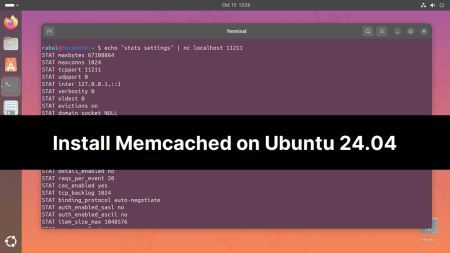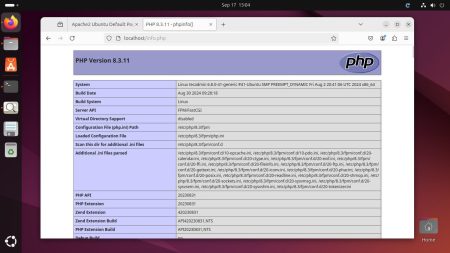PHP Composer is a dependency manager for PHP, facilitating the installation and management of PHP packages. It’s essential for modern PHP development. This article guides you through installing and using PHP Composer on CentOS/RHEL 9/8.
Prerequisites
- A CentOS/RHEL 9/8 system
- Command-line access with sudo privileges
- Basic knowledge of PHP and Linux commands
Step 1: Installing PHP
Before installing Composer, ensure PHP is installed. Use the following command to install PHP:
sudo dnf install php php-cli php-json
Step 2: Downloading Composer
You can download Composer using curl. First, ensure curl is installed:
sudo dnf install curl
Then, download the Composer installer script:
curl -sS https://getcomposer.org/installer | php
Step 3: Installing Composer Globally
To use Composer globally, move the composer.phar file to a global path:
sudo mv composer.phar /usr/local/bin/composer
Make the file executable:
chmod +x /usr/local/bin/composer
Verify the installation:
composer --version
Step 4: Configuring PHP for Composer
Adjust your PHP configuration if necessary. Composer requires a certain amount of memory and suitable settings. Edit the php.ini file:
sudo nano /etc/php.ini
Ensure these settings are adequately configured:
- memory_limit (Composer recommends 2GB)
- allow_url_fopen = On
Step 5: Using Composer
To start using Composer, navigate to your PHP project directory and run:
composer init
This command will guide you through creating a composer.json file for your project.
Step 6: Installing PHP Packages
To install PHP packages, use:
composer require [package-name]
This command adds the package to your composer.json file and installs it. All the packages files are stored under ./vendor directory in project root directory.
Step 7: Updating Packages
To update your PHP packages to their latest versions:
composer update
Step 8: Autoloading
Composer provides an autoloader for your project’s dependencies. Include the autoloader in your PHP scripts:
<?php
require 'vendor/autoload.php';
//Your application code here
Conclusion
Composer is a powerful tool for managing PHP dependencies. By following these steps, you can successfully install and use Composer on CentOS/RHEL 9/8. It simplifies the process of managing PHP packages, ensuring your project is up-to-date and efficient.



1 Comment
when I given composer -V its not getting composer information.